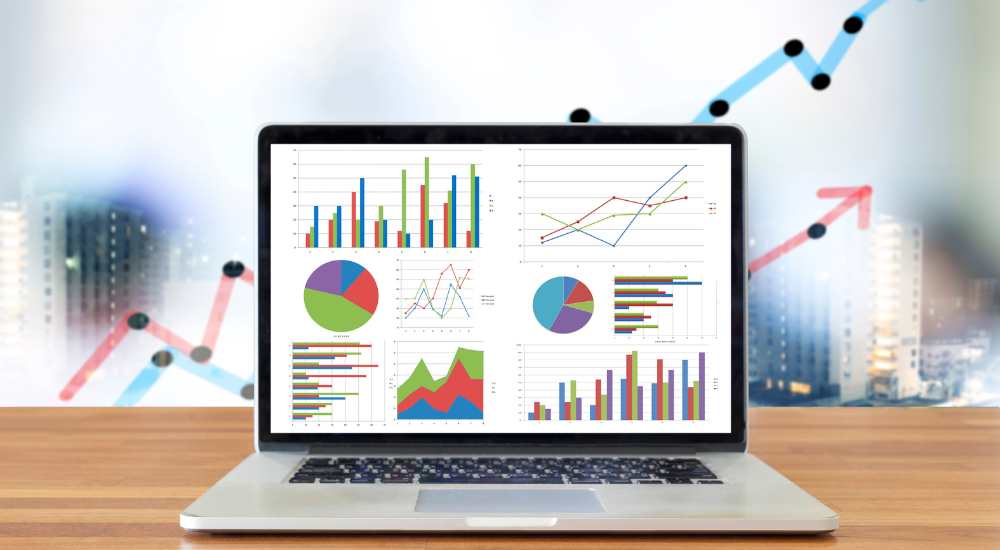Updated September 1, 2023
The professional who compiles and calculates data using statistical methods used in research is referred to as Statistical Assistant. They also perform actuarial calculations and generate graphs and charts for actuaries. Statistical assistants establish and verify numerical data in numerous business, government, and industry fields.
Statistical assistants are employed by companies of all sizes in the shipping, receiving, invoicing, data processing, and research departments. Some statistical assistants count goods or raw materials and record the number. And superior statistical assistant writes down or records numerical entries on tally sheets, shipment records, and portable computers.
A statistical assistant also carries out routine calculations using data given by research experts in the areas of research. For instance, a statistical assistant may calculate the median income of a group of consumers that market researchers are evaluating. Assistants frequently calculate freight prices for airlines, railroads, and transportation firms. Many statistics assistants do schedule tasks.
What Does a Statistical Assistant Do?
The tasks of a Statistical Assistant vary depending on the industries they perform. Some of their essential functions include collecting, reviewing, and organizing statistical information systems to make analysis, interpretation, and presentation easier.
They are in charge of examining the data to determine the location and severity of mistakes, performing computations for complicated statistical calculations, and arranging the analyzed data in the appropriate arrangement in charts, graphs, infographics, etc., for interpretation and publication.
Additionally, a Statistical Assistant is responsible for conducting field research to gather data according to the schedule specified, writing reports of investigations, Operating calculating machines, and monitoring and supervising the activity of investigators as necessary.
Eligibility Criteria to Work As a Statistical Assistant
Education: If someone wishes to make his career as a statistical assistant, he needs a bachelor’s degree in statistics, math, economics, or a related subject. A master’s degree in statistics may be needed for several positions.
Skills: Candidates must possess solid analytical, mathematical, and computational skills, as well as mastery of statistical software and databases.
Language ability: profession as an assistant, you gather and evaluate information from various sources; expertise in English and at least one other Indian language is typically essential.
Age limit: Depending on the company and the area in India, the age minimum for this position may change.
How to Become a Statistical Assistant?
Step 1: Earn a bachelor’s degree in statistics, mathematics, or a related subject. A master’s degree in statistics may be needed for some occupations.
Step 2: After receiving a bachelor’s degree, think about joining internships or part-time jobs in relevant sectors like market research, data analysis, or governmental organizations.
Step 3: Consider earning professional qualifications, such as Certified Professional Statistician (CPS) from the Indian Statistical Association (ISA).
Step 4: Apply for a job in government agencies, research institutions, market research companies, and consulting firms. Also, you can search for jobs online or network with people through trade associations like the Indian Association of Survey Statisticians.
Note: The minimum requirement to work as a statistical assistant may vary based on the organizations and the regions in India.
Skills Required to Become a Statistical Assistant:
Mathematics: Statistical assistants have to solve complex math problems. Because of this, they must possess solid knowledge of math.
Critical Thinking: evaluating the benefits and drawbacks of possible conclusions, solutions, or approaches to problems using logic and reasoning.
Reading Comprehension: Reading Comprehension skill is one of the essential abilities to have statistical assistants. They have to understand written sentences and paragraphs in work-related documents.
Complex Problem Solving: Detecting complex issues, evaluating relevant data, developing and accessing choices, and putting solutions into practice
Communicating: Statistical assistants must have the skill to convey complicated statistical concepts to non-technical stakeholders.
Active Listening: paying close attention to what others are saying, taking the time to understand their arguments, asking questions when necessary, and abstaining from interruptions when not necessary.
Monitoring: Monitoring and examining your self-productivity and that of other people or organizations to make improvements or implement corrective measures.
Salary of a Statistical Assistant;
The statistical assistant can expect to make an average of ₹4,62,497 or an equivalent hourly rate of ₹222, including a median bonus of ₹7,307. The typical compensation for a statistics assistant at entry level (1-3 years of experience) is ₹3,53,069 per year. The average pay for a senior-level statistics assistant (8+ years of experience) is ₹5,66,631.
Conclusion on Statistical Assistants
For candidates interested in mathematics, statistics, and data analysis, a job as a statistical assistant can be both demanding and rewarding. As a statistical assistant, you will have a chance to put your knowledge to practice by directing organizations towards productive outcomes.
You must possess strong mathematics knowledge and statistical concepts, be skilled with statistical software, and have exceptional analytical and problem-solving skills to succeed in this profession. Other crucial skills include the ability to perform both solo and teamwork and effective communication.
